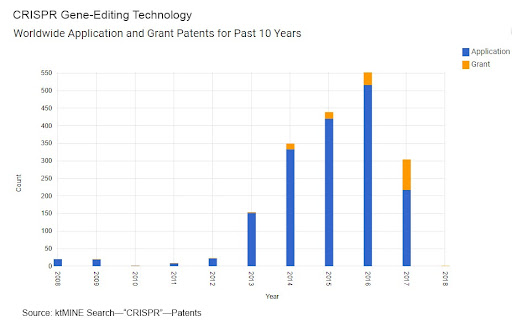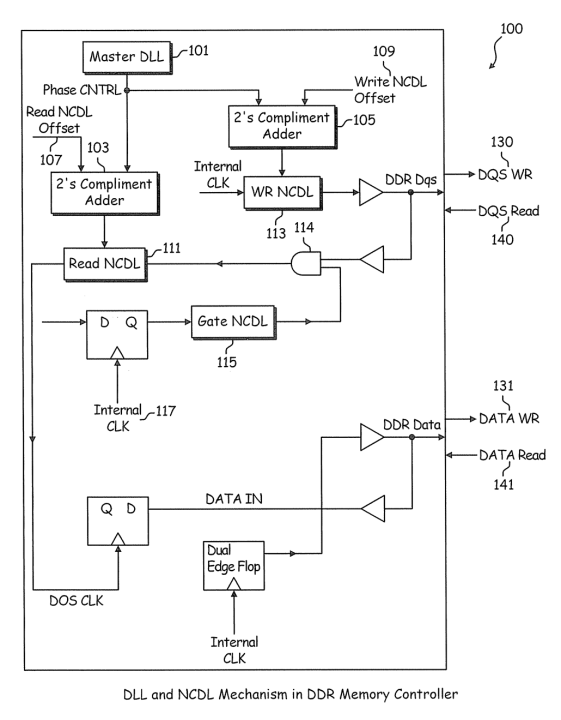On February 14, the French immunotherapy company Cellectis announced its intentions to license out its recently granted patents for CRISPR technology. The two patents granted to the company by the U.S. Patent and Trademark Office in January and February of this year relate to gene-editing methods in the treatment of cancer. CRISPR, or clustered regularly interspaced short palindromic repeats, is a genetic methodology that allows scientists to edit specific segments of the genome by removing, adding, or otherwise altering sections of the DNA sequence. Modified DNA can be used in a variety of applications, from genetically manipulating yeast cultures to make biofuels to treating genetic diseases. A big victory for the technology came in 2017 when a team of U.S., Chinese, and South Korean scientists successfully used CRISPR to fix genetic defects in a human embryo. Cellectis’ new patents expand on the technology’s potential in human therapeutics by altering human T cells to identify and destroy cancerous tumor cells.
How CRISPR Works

Source: Editas Medicine – How CRISPR works
Patents for the technology only began to be filed in 2005. The last five years have seen an explosion of activity in the field, reaching its zenith in 2016 when over 500 patent grants and applications were filed worldwide. The Broad Institute of Harvard and the Massachusetts Institute of Technology are the largest CRISPR patent holders as of February 2018, owning over 800 patents in the field. Other top CRISPR patent owners include Editas Medicine Inc., DuPont Nutritional Biosciences APS, and CRISPR Therapeutics AG.
CRISPR Gene-Editing Technology: Worldwide Application and Grant Patents for Past 10 Years
Cellectis’ move to license its CRISPR patents follows a trend in the exploitation of this technology. The ktMINE database contains over 57 license agreements relating to CRISPR. Of the almost 2,000 patents the technology contained in the database, over 100 are currently being licensed. The Broad Institute entered into an agreement with DuPont Pioneer in October 2017 for the use of CRISPR technology in the agricultural field. Another license agreement involving the Broad Institute is a deal with Editas Medicine made in 2014 for the application of CRISPR technology in human and animal therapeutics. A more recent Editas agreement was made in August 2016 between the company and Adverum Biotechnologies Inc.
Recent CRISPR Technology Agreements

Source: ktMINE agreement data
The agreement allowed for a collaboration using Advenrum’s proprietary viral vector technology and Editas’ CRISPR patents to develop gene therapy techniques in the human therapeutic field, specifically in ophthalmic indications. With Cellectis’ CRISPR patents now being made available for licensing, another player enters the active space. All indications point to the continued development and exploitation of CRISPR technology in the years to come.





